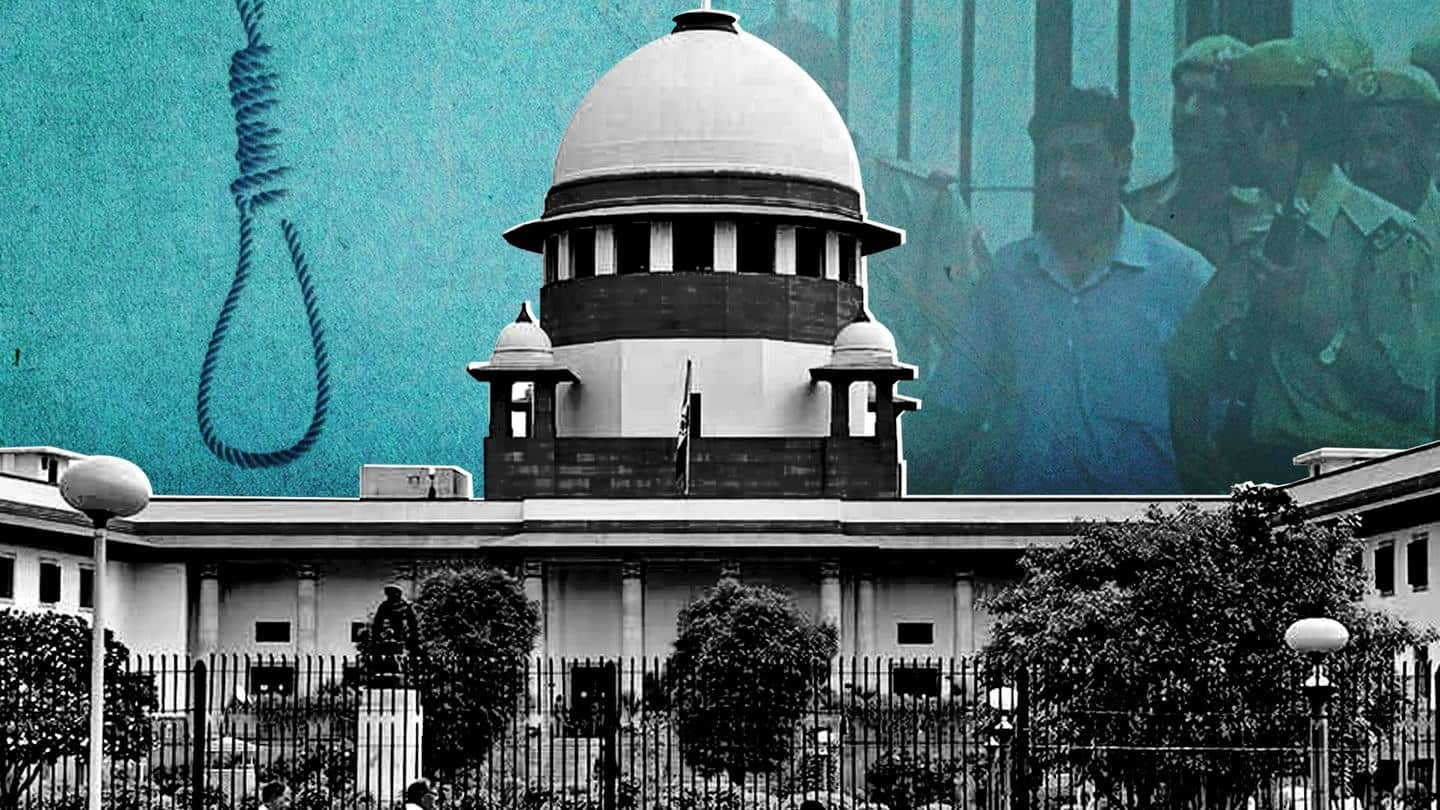
Red Fort attack: SC reaffirms death penalty to Pakistani national
What's the story
The Supreme Court (SC) on Thursday reaffirmed the death penalty for Pakistani terrorist, Mohammad Ashfaq Arif, convicted in the Red Fort attack that was carried out in December 2000.
The top court during the review petition noted that the conviction and sentence do not warrant any intervention.
Before getting another chance in 2016, his "review and curative petitions" were already dismissed in 2014.
Context
Why does this story matter?
The attack at the Red Fort, which the Prime Ministers of India have been using to address the nation on key events, raised questions about the security situation.
The attack strained the relationship between India and Pakistan as the Pakistan-based terrorist organization Lashkar-e-Taiba claimed responsibility for the attack.
For lack of evidence, other accused with Arif were released by Delhi High Court in 2007.
Court noted
'Do not warrant any intervention'
SC bench, headed by Chief Justice of India, Uday Umesh Lalit noted that the case of Arif doesn't invite any intervention and thus upheld the earlier decisions.
The bench of Justices S Ravindra Bhat and Bela M Trivedi dismissed the review petition.
Earlier in 2011, the top court upheld the Delhi High Court's capital punishment given to the Pakistani national.
Sequence of events
Journey from trial court to SC
Five years after his arrest, Pakistani national Arif was convicted and given capital punishment in 2005 by a Delhi Trial Court for masterminding the Red Fort attack.
Following the decision, he moved to Delhi High Court for an appeal, and the court upheld the lower court's decision in 2007.
The SC earlier maintained the High court's decision in 2011 after Arif made an appeal.
Another opportunity
Convict got another chance in open court hearing
After Arif's appeal petition was dismissed in 2011 by SC, he filed a review and the curative petition that was dismissed in 2014.
Two years later in 2016, SC decided to give him yet another chance to fight in wake of the "2014 constitutional bench judgment."
The September 2014 constitutional bench judgment allowed "review petitions of condemned prisoners to be heard in open court."
Details
What happened at Red Fort in December 2000
On December 22, 2000, at about 9 pm, some intruders started indiscriminate firing and gunned down three security personnel, meant to guard the historic fort in India's capital city of Delhi.
The intruders as per the police were successful in escaping the bullet as well as arrest as they "scaled over the rear side boundary wall of the Red Fort."
Lashkar-e-Taiba member
'Entered Indian territory via Kashmir'
The prosecution said that Arif had "illegally entered the Indian territory along with arms and ammunition in August 1999 and camped himself at Srinagar with Lashkar-e-Taiba members."
On the basis of some "secret information," the accused Arif was apprehended as per prosecution from Ghazipur on the intervening night of December 25-26, while he was entering the house of Farzana Farukhi, his divorcee sister-in-law.